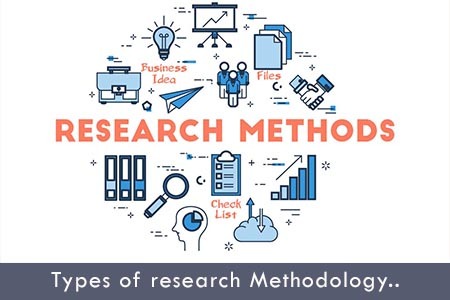Task 1A
Time Management
Successful time management is essential for achieving personal and professional goals. Effective time management includes techniques like using alerts, prioritising work, organising calendars, maximising productivity, and scheduling reminders. Competent people achieve more in less time, which lowers stress and boosts output.
Effective time management relies on a structured strategy, utilizing alerts and prioritization to enhance focus and ensure timely task completion. Clear goals and plans minimize distractions, crucial for achieving personal and professional objectives. [1]
Mastering time management involves organizing and planning time allocation for activities, leading to smarter work and increased productivity, even under pressure. Benefits include greater efficiency, reduced stress, enhanced professional reputation, career advancement opportunities, and achievement of life and career goals. [2]


